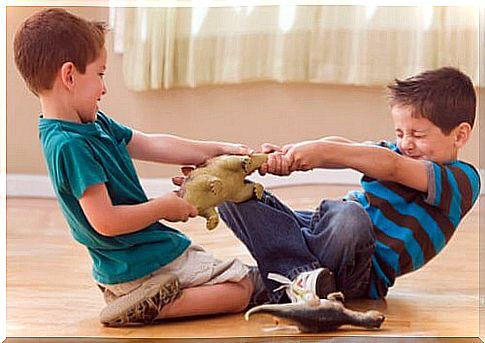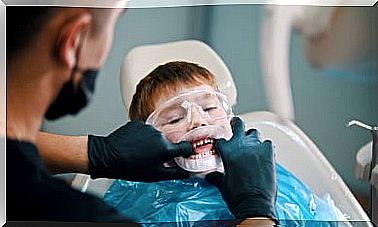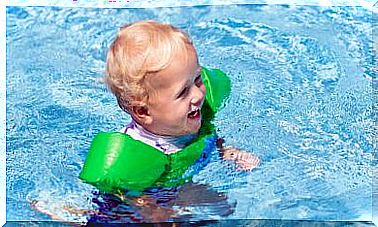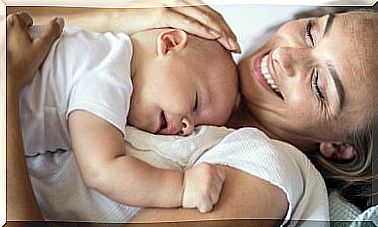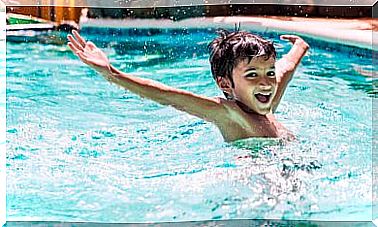Science Shows That Babies Are Altruistic
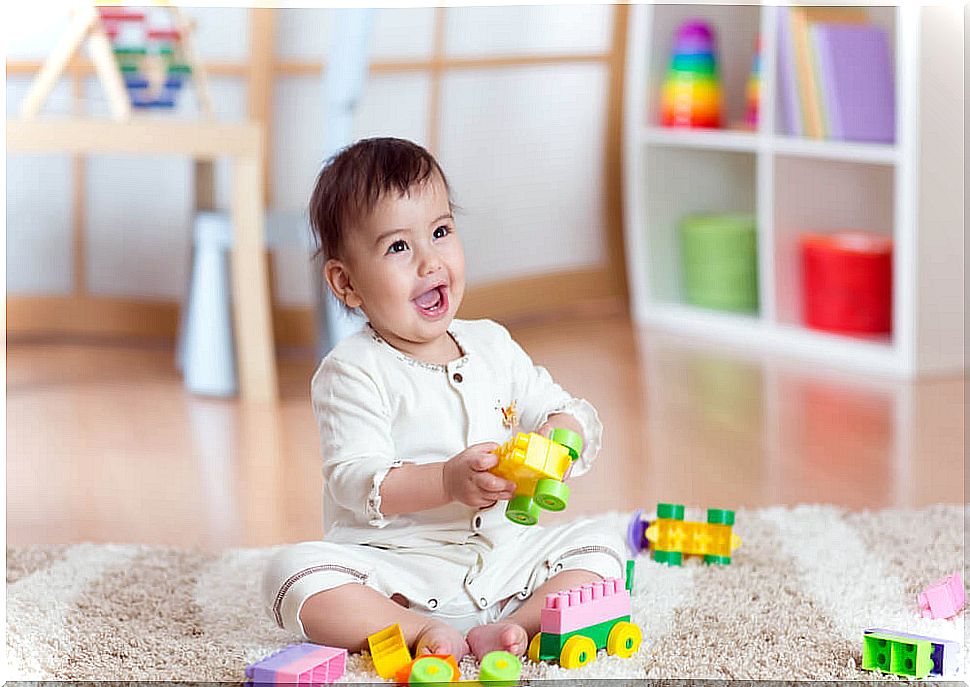
Altruism is a trait, without a doubt, desirable in any human being. We all enjoy being around people who are considerate, caring, and willing to help us. And, although education and the values we instill in little ones undoubtedly play a role, science has shown that babies are already altruistic.
When we talk about older children or adults, altruism is mediated by the socialization process. In other words, many times, we help to gain recognition or to build a positive reputation.
However, in infants, this reasoning does not yet take place. And yet, several experiments have shown that little ones help without expecting anything in return, even when it comes at some personal cost.
Science Proves Babies Are Altruistic
Two psychologists, Michael Tomasello and Felix Warneken, launched an experiment in order to test whether man is good by nature.
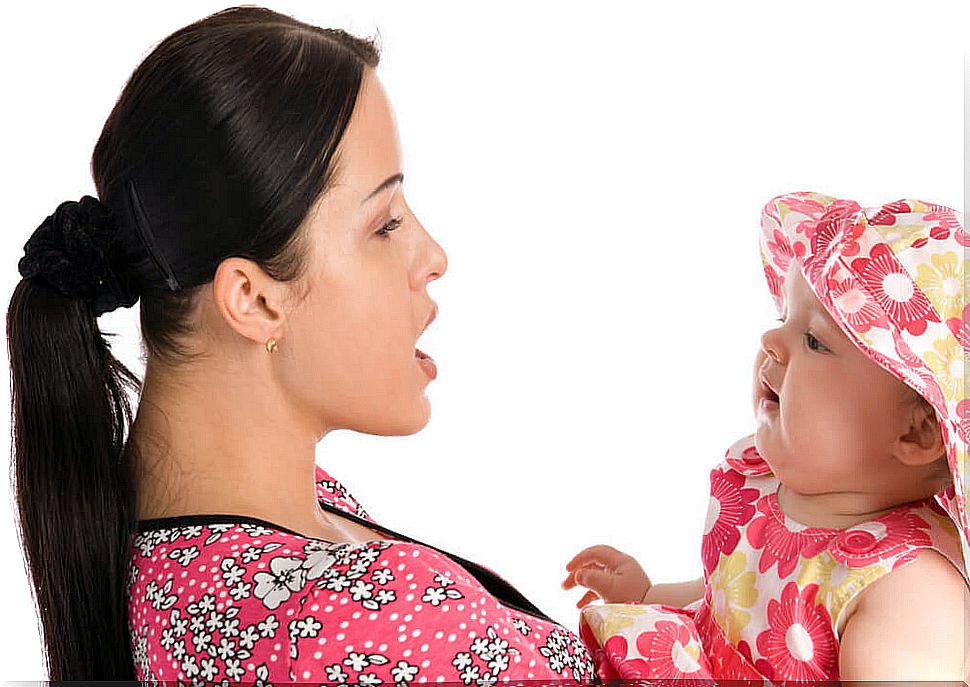
To do this, they selected a sample of several children between 14 and 18 months who, due to their age, had not yet been formally socialized. The children were placed in a room with recording cameras installed and exposed to different situations to check their reaction.
Babies collaborate
Several situations were created in which the adult needed the child’s collaboration to achieve his goal. For example, a tube is shown with a handle or handle at each end; the adult grabs one of the sides and tries to pull. The little one, realizing that someone needs to do the same on the other side, quickly goes to do his part.
They help without expecting anything in return
The children’s willingness to collaborate to achieve a joint goal was clear. But will they also help when it comes to someone else’s individual goal? To verify this, various scenarios were created in which an adult was in trouble. For example:
- A man carries some books in his hands and goes to a closet to put them away. He shows his intention to put the books in the closet, but fails, since the doors are closed. Before this scene, most of the little ones, spontaneously, got up and opened the closet doors for the man.
- A person is hanging a piece of clothing on a rope and one of the clothespins falls off. He pretends to reach them but he can’t. The babies quickly come to her aid, picking up the clamp from the floor and offering it to her.
- The same happens when a woman tries to write in a notebook, but cannot reach the pen. And when a man drops the spoon with which he is stirring his drink. Children come to their aid without hesitation, handing them the objects they need.
It is important to emphasize that during these experiments silence reigns. The experimenters do not speak and only make faces and gestures to express what is happening to them. In other words, the children do not receive any kind of order or instruction to act; they do it of their own free will.
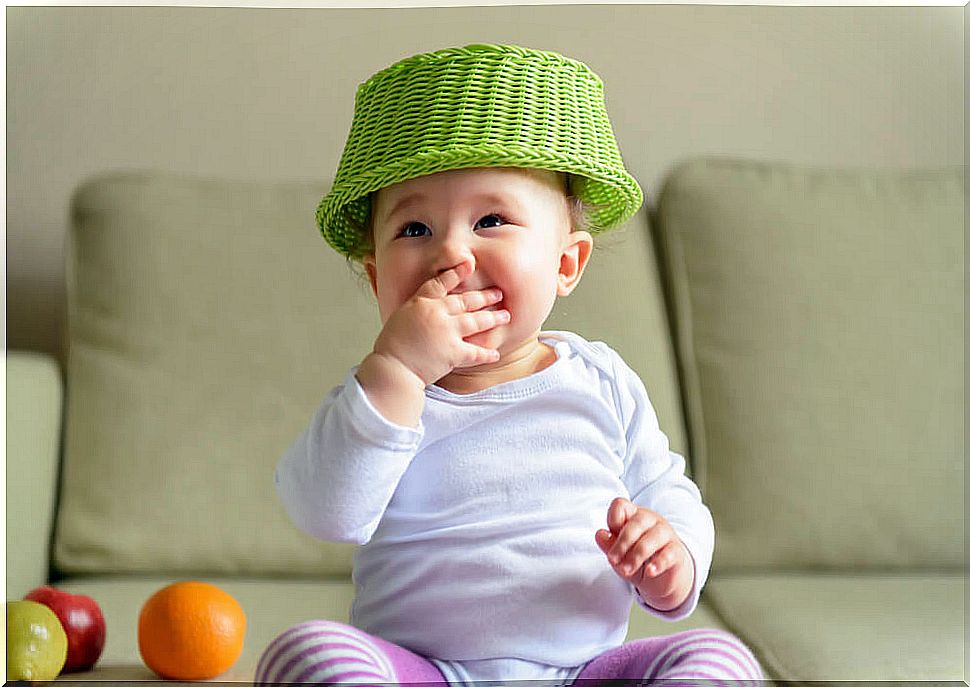
They also do not receive any praise, recognition or reward for their actions. Using outside rewards was even found to be counterproductive and undermined the natural tendency of children to help.
Babies are altruistic even when it comes at a cost
Another study wanted to go further and see if the little ones would be willing to help even when doing so would entail a personal cost. To do this, they tested 100 19-month-old babies who were shown how an adult who was going to eat some fruits accidentally dropped them out of reach.
The little ones, perceiving the experimenter’s attempts to reach the fruits, gave them to them. That is, they gave them up (they could have eaten them) to give them to the person who showed they wanted them. And this happened even when the experiment was carried out in the hours when the babies were most hungry for having not eaten for a long time.
In this last condition, fewer children chose to give the fruit to the experimenter. But even so, a significant group of them showed this altruistic behavior.
Ultimately, studies show that babies, in a natural way, are willing to collaborate and help, without gaining anything and even to their own detriment.
